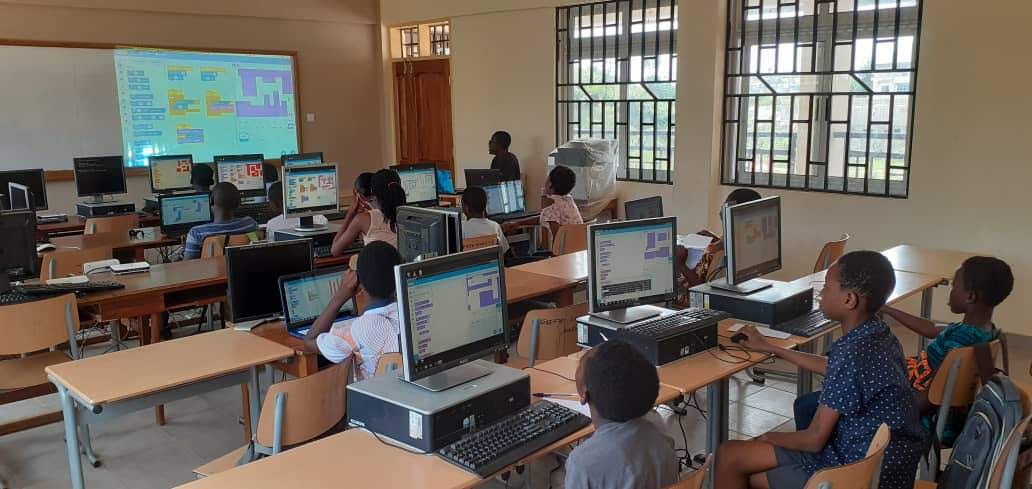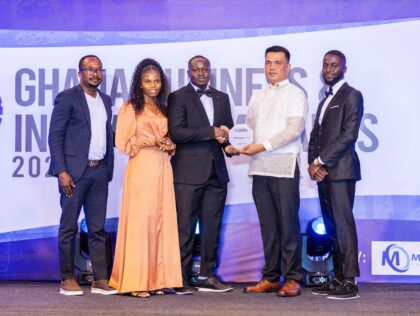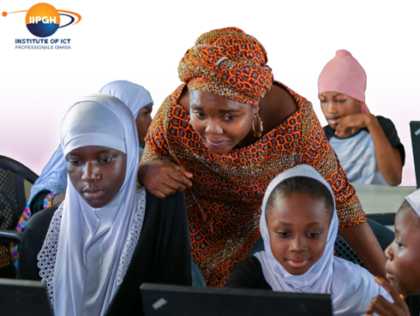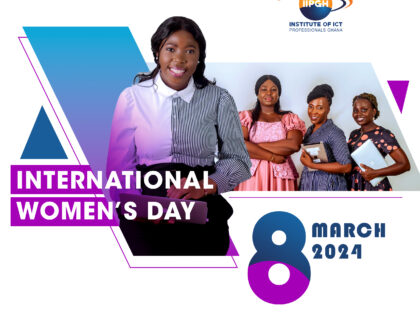According to the 2019 International Finance Corporation (IFC) report entitled “Digital Skills in Sub-Saharan Africa: Spotlight on Ghana”, the fourth industrial revolution is expected to create over 9 million digital jobs in Ghana by 2030. However, there is a huge skills gap. To address this, we need to tackle challenges such as affordability, scalability and sustainability of training, lack of qualified instructors, lack of infrastructure, relevant curriculum and issues of inequalities associated with gender, geographical location and persons with special needs when it comes to digital skills development. These were discussed extensively in part one. In this article, several approaches in dealing of these challenges will be suggested.
To begin with, we need a National Digital Skills Development Strategy that will harness the strengths of relevant public, private and civil society organizations to tackle the issue of the digital skills gap. For example, the challenge of affordability, access, relevance and capacity to use broadband also affects the acquisition of digital skills. Therefore, a cross-sector partnership will help in finding answers to some of these challenges.
The most affordable and sustainable way of providing digital skills on a national scale is to integrate it into the school curriculum. Basic ICT skills and coding must be part of school curriculum. If the new ICT curriculum is implemented properly, children and teenagers will have access to free digital skills training. These foundational skills will enable young people to build the capabilities for creating the technologies required to transform our nation.
To cover the whole population, we need to extend basic, intermediate and advanced digital skills training beyond the classroom. There is the need for specific interventions for out-of-school youth and adults. For young people who are out of school, government must reconsider how the Council for Technical and Vocational Educational Training (COTVET) and Youth Employment Agency (YEA) can be used to provide job-ready skills. For jobless adults, with the implementation of the National Digital Identification System, we must explore how commercial training can be offered to trainees who will pay once they secure employment. Government must also incentivize employers who make upskilling and reskilling part of their job benefits.
An alternative approach to training out-of-school youth and the youth in general is the peer-learning instructional model. Non-governmental organizations in the digital space must take up this initiative and form clubs that will help in the acquisition of digital skills. This approach nurtures confident problem solving since young people learn by doing. It can also be helpful in the school setting as clubs and societies already exist especially in our secondary schools.
To foster inclusive innovation, Ghana must embrace the concept of makerspaces. Makerspaces provide practical experience for people to create things and play with tools while acquiring digital skills. They are essential for learning digital skills at all levels in areas such as electronics, robotics and coding. We need to start incorporating makerspace in the design of our new schools. We can create less expensive makerspaces with a few Arduino and Raspberry Pi microcontrollers. Since these facilities are largely unavailable, we must seriously consider temporary makerspace during the long vacation.
Ghana must act now by starting with existing infrastructure. Schools, public libraries and community centres must be connected to the internet and equipped with the tools needed to teach digital skills. We must take another look at how we can leverage the facilities built by GIFEC and other corporate organizations that have been left in a terrible state. For the underserved and unserved, there are learning platforms that provide offline access. But we need to deliberately invest in digital infrastructure.
To create opportunities for all, we need special interventions that will be targeted at eliminating inequalities due to cost, age, gender, physical ability, geographical location, education or mother tongue. Such interventions must address stereotypes by raising awareness. Also, it must provide specialized tools, for example, for persons with disabilities. There must be campaigns for such underrepresented groups. Furthermore, we must involve the targeted groups in the design of such programmes. While public investments will be required for such interventions, government must motivate the private sector to support equality in the development of digital skills as part of their diversity initiatives. These will include funding such programmes or providing apprenticeships, mentorships and job opportunities.
To reduce cost and make impact, digital skills training programmes must take advantage of existing training materials and tools. To close the gap between what is taught and what is required there is the need to involve industry, employers and professional groups such as the Institute of ICT Professionals. Also, the content must be continuously reviewed and adapted to changing trends. This will require upskilling training instructors from time to time. Furthermore, digital skills programmes must also teach entrepreneurial and soft skills. That way, young people can apply these skills to start their own ventures. But for this to be possible, we require a cohesive cross-partnership supported Digital Skills Development Strategy.
Author: Kuuku Sam – (Director of Programmes and Professional Services, Institute of ICT Professionals, Ghana)
For comments, contact author kuuku.sam@iipgh.org or Mobile: +233274333510





